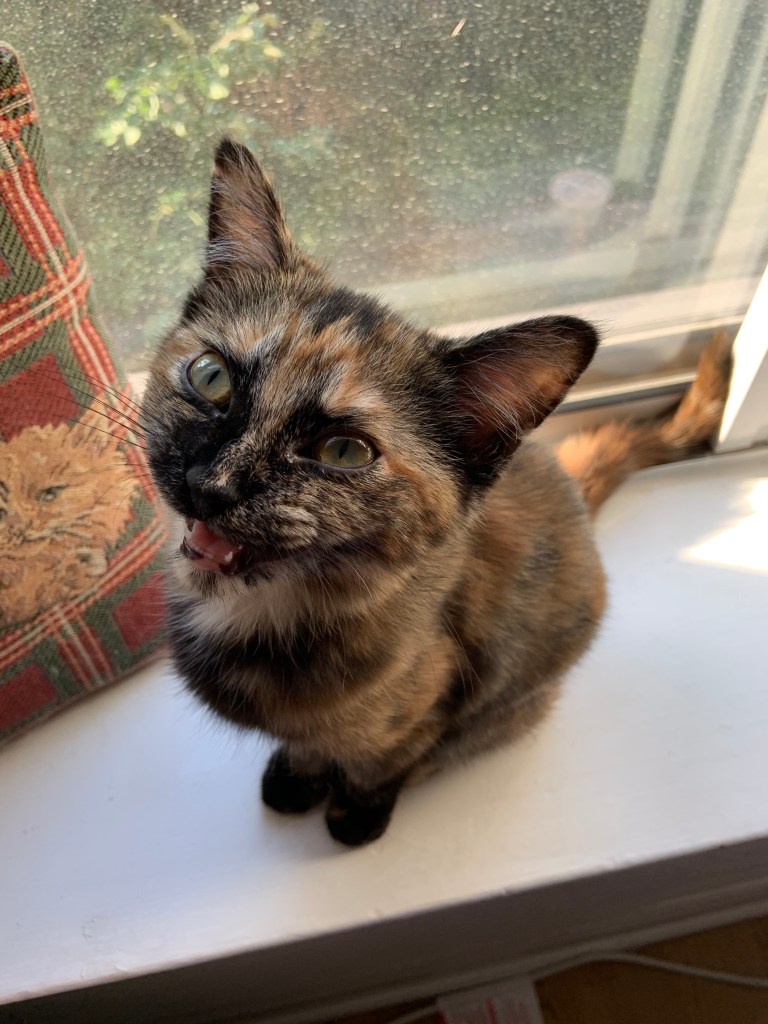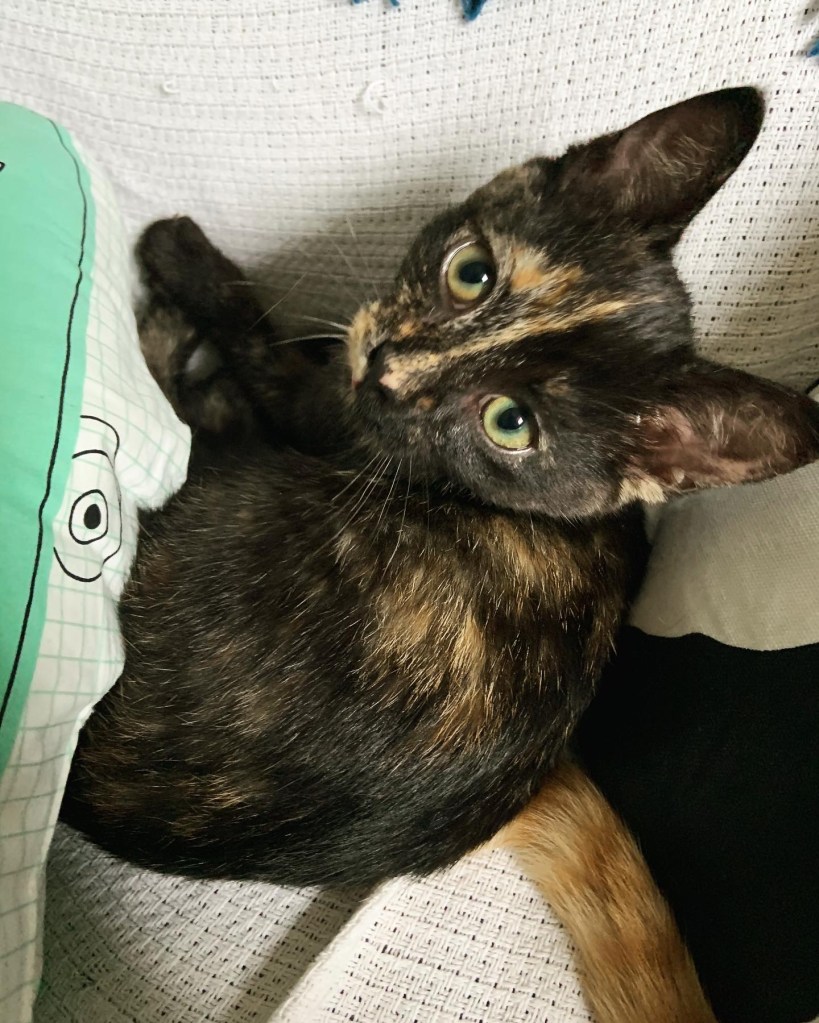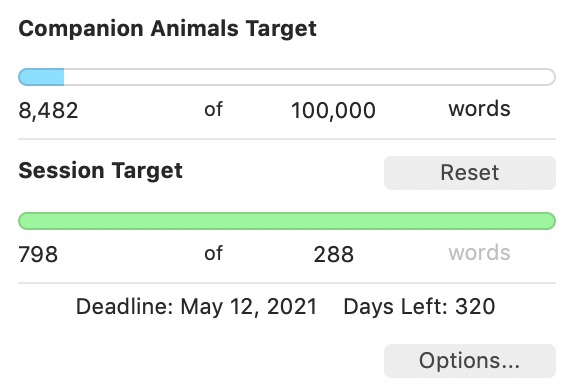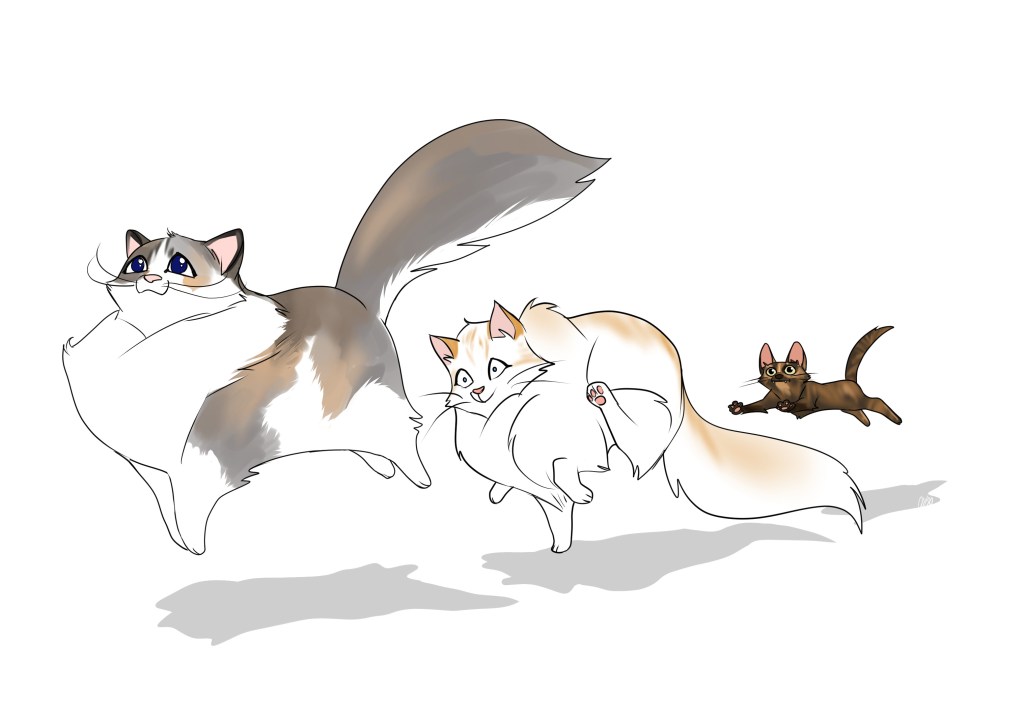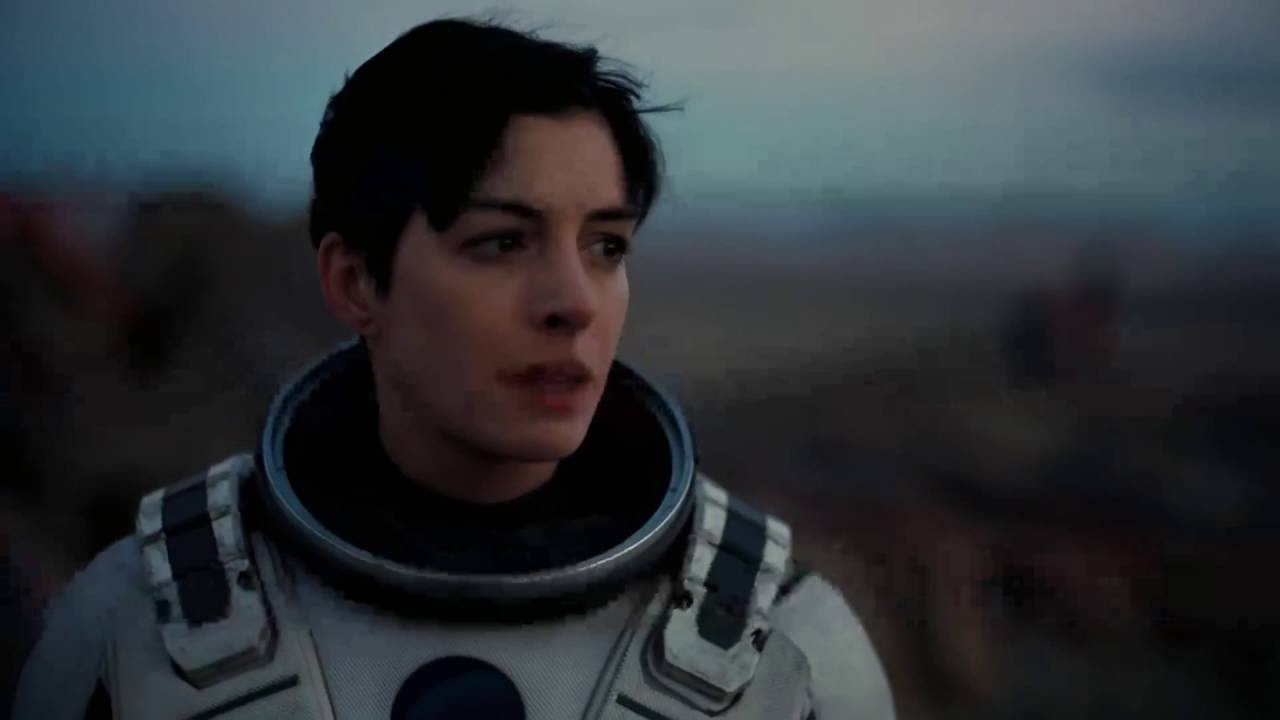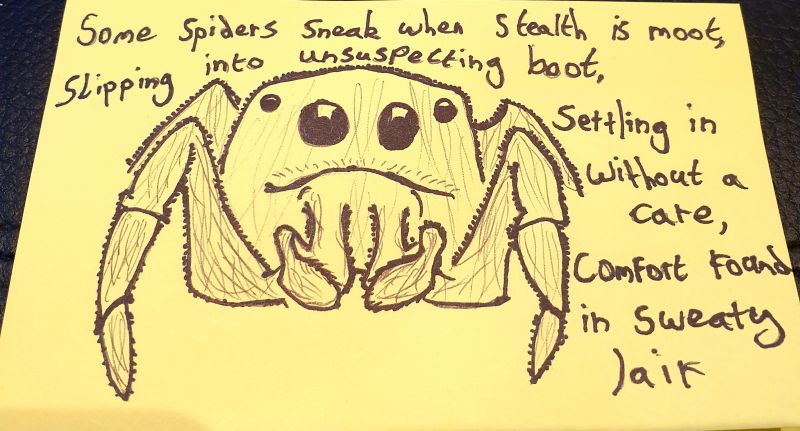| words written | thing(s) enjoyed | stuff accomplished |
|---|---|---|
| TODAY: 91/277 | This incredible blackwater aquascape! | Mostly managing my mental health! |
| TOTAL: 19,437/100,000 | PseudoPod 717: “The Mad Eyes of the Heron King,” Richard E. Dansky | Packing. Lots, and lots, and lots of packing. |
Watching the retrograde advance of his erstwhile conversational partner, Leonard did not think, “I could have died.” Nor did he think, “I must be dreaming,” or “That’s impossible,” or even “It talked.”
Rather, he held one thought and one thought only to his feverish mind, and held it close with a secret glee: “It talked to me.”
“The Mad Eyes of the Heron King,” Richard E. Dansky
Richard has written a story that’s brimming with a little bit of everything that I love: lush, gorgeous prose; dialogue full of fabulist, atmospheric whimsy; all the dramatic irony of knowing that, while something truly terrible is approaching, the protagonist won’t spot the danger until it’s far too late. And birds. Tall, stately, predatory birds, who know very well who is their equal, and who is prey.
Poor Leonard.

Literally everything else in my life is up in the air at the moment, and I expect that’s unlikely to change until at least the first week or so of September. Husband and I are spending our last week in our apartment packing up as many of our worldly possessions as we can cram into the cardboard boxes that now compose most of our interior decor. Then next week we close on our condo, and properly move in a few days later. We’re going to be home owners.
I can’t accurately describe how surreal this whole experience is for me, but I will give it a shot.
Six years ago I arrived in this country from Alabama with two cats and only as many personal belongings as I could safely cram into the trunk of my car, in graduate student loan debt to the tune of $70k USD, and unable to afford a place to live in the city of Toronto that would cost me more than $500 CAD/month.
I spent my first winter in an apartment where my roommates and I couldn’t risk running our space heaters at the same time without tripping all the breakers, and my first spring being told by our landlord that we couldn’t use the water for more than five minute increments at a time without risking the integrity of all the pipes in the house. I was miserable. I didn’t know anyone, no one knew me, and there was no way for me to know whether this grad school gamble would pay off–or if I would find myself limping back home two years later. But that didn’t happen, not only because of the support network I managed to create for myself here over the last six years, but because I put in the work to grow those relationships, to succeed at my degree program, and to secure a job that would do the miraculous: let me pay down my debt, and put 20% of each paycheque in savings. Six years later, that figure is half of what it was in 2014.
And, as I discovered recently, I managed to accomplish all of those things with misdiagnosed Celiac’s disease, and ADHD.
Wild, right?
I don’t say all of these things to puff myself up with unearned pride, or to diminish the support I did receive from my father while I was getting my feet under me here in Canada. My dad was, is, and always will be my rock, and he knows it. I say these things because too often I don’t look at the obstacles I surmounted to get to where I am right now, and don’t give myself credit for my successes. I am committed to owning those accomplishments now, even the ones that might look only like partial successes to others–because when you’re going through life like a car trying to speed off in six different with a brick dropped on the accelerator, it is a win to recognize that you’re going no where, and to make the conscious decision to stop. It is a win to ask yourself, “What am I feeling, right now? And what do I need to feel better?” And it’s a triumph to start down the path towards answering either of those questions.
So, for certain values of “describe why buying a condo is so surreal for you right now,” I suppose the rambling words above qualify, right?

